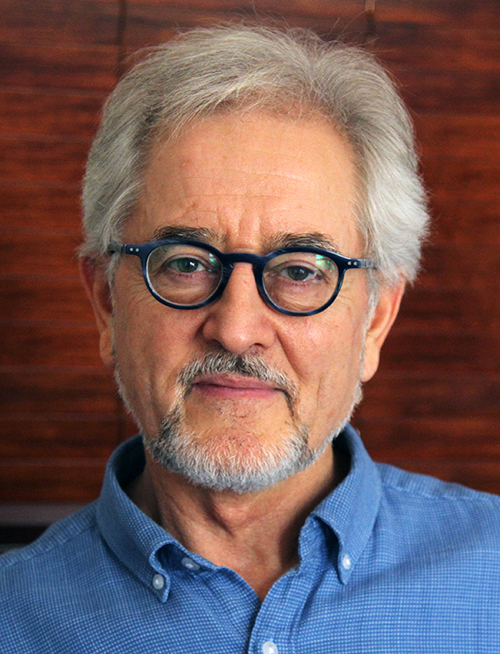How will your assets be distributed?
Estate planning is a vital process that involves preparing for the transfer of a person's assets and responsibilities after their death. While the fundamental principles of estate planning are widely recognised, the specific laws and practices can vary significantly between different countries and cultures.
This makes it crucial for us to not only understand the universal components of an estate plan but also to seek local legal advice to align our plans with the specific legal framework of our current domiciled country.
At its core, an estate plan aims to ensure that your assets are distributed according to your wishes, while minimising legal complications and taxes.
Key components typically include:
- Will: A legal document that specifies how your assets should be distributed upon your death. It may also include nominations for guardianship of minor children.
- Power of Attorney: This allows you to appoint someone to manage your affairs if you become unable to do so.
- Healthcare Directive: Also known as a living will, this specifies your wishes regarding medical treatment if you're unable to make decisions yourself.
- Trusts: These can be used to manage your assets before and after your death, providing control over how your assets are distributed and when.
- Beneficiary Designations: Often used in conjunction with retirement accounts and life insurance policies, these designations control who receives these assets directly, bypassing the will.
Global Considerations and Local Variations
It's important to note that certain elements like trusts or powers of attorney might operate differently under various legal systems. For example, some countries enforce strict heirship laws that can limit your ability to distribute assets freely. In contrast, others may offer more flexibility. This diversity extends to tax implications and the recognition of documents like healthcare directives, which may not be universally acknowledged in every jurisdiction.
The Role of Culture in Estate Planning
Cultural influences can significantly impact estate planning. In many parts of the world, cultural traditions and family expectations can dictate how assets are distributed, often favouring certain heirs over others based on gender, birth order, or marital status. Recognising and respecting these cultural factors is crucial when designing an estate plan that feels respectful and appropriate.
Regular Reviews and Updates
Given the complexities and variations in law and personal circumstances, regularly reviewing and updating your estate plan is essential. Life events such as marriage, the birth of a child, or moving to another country can all necessitate revisions to ensure that the estate plan remains effective and relevant.
And, because of the complexities involved, especially with international considerations, consulting with estate planning professionals who understand the specific legal landscape of your country is crucial. Experts can provide tailored advice that respects both legal requirements and personal wishes.
Estate planning is more than just a set of legal documents; it's a proactive approach to ensuring that your legacy is handled as you wish, providing peace of mind to both you and your loved ones. Whether you're just starting to think about your estate plan or looking to update an existing one, remember that this is a dynamic process that requires both personal consideration and professional guidance.
Embrace the opportunity to create a plan that reflects your values and meets your family's needs, no matter where in the world you are.






0 Comments